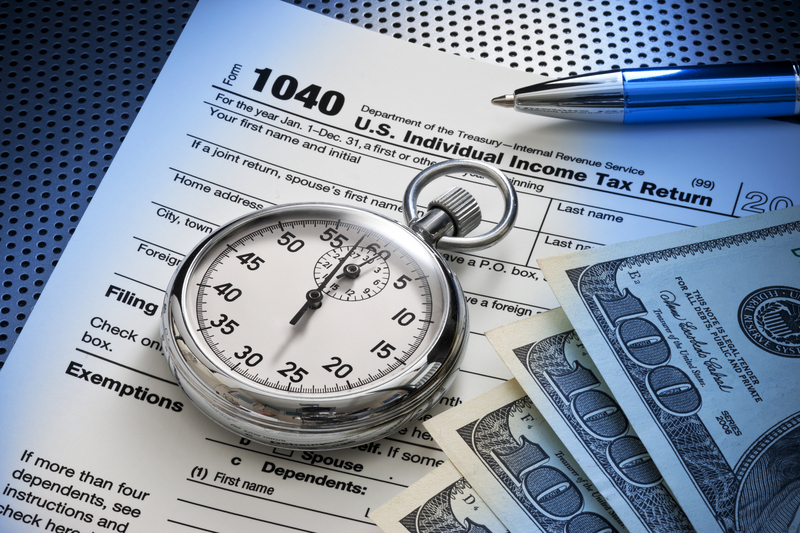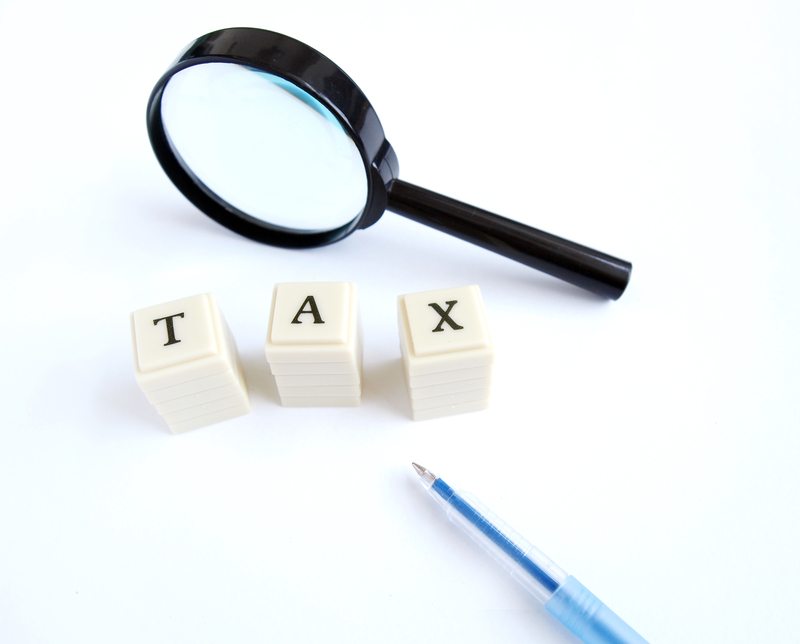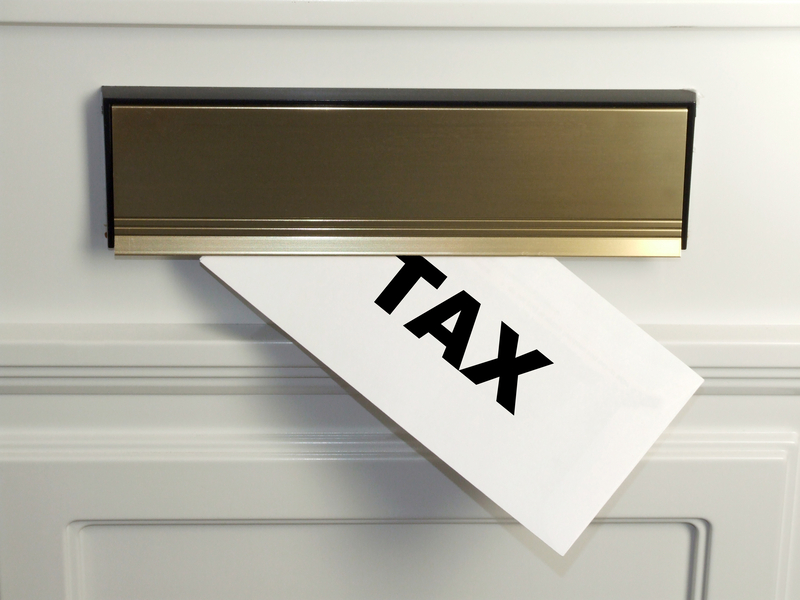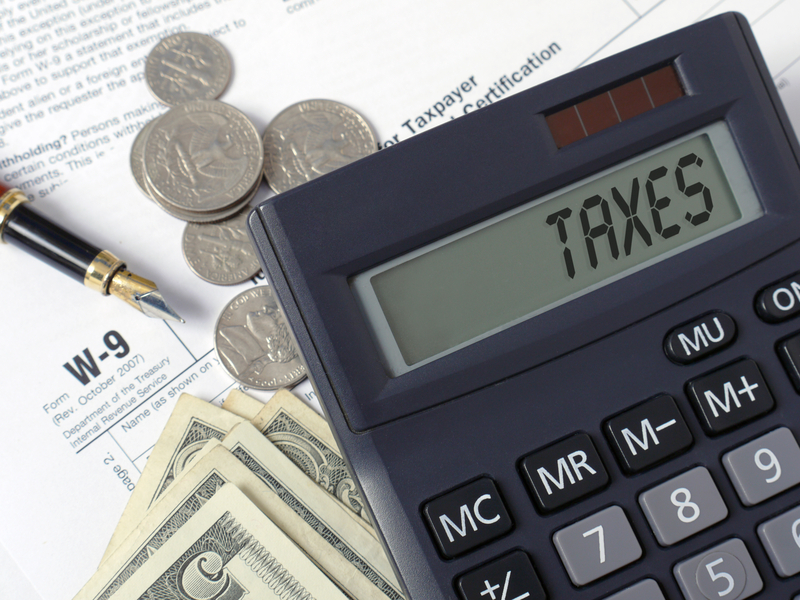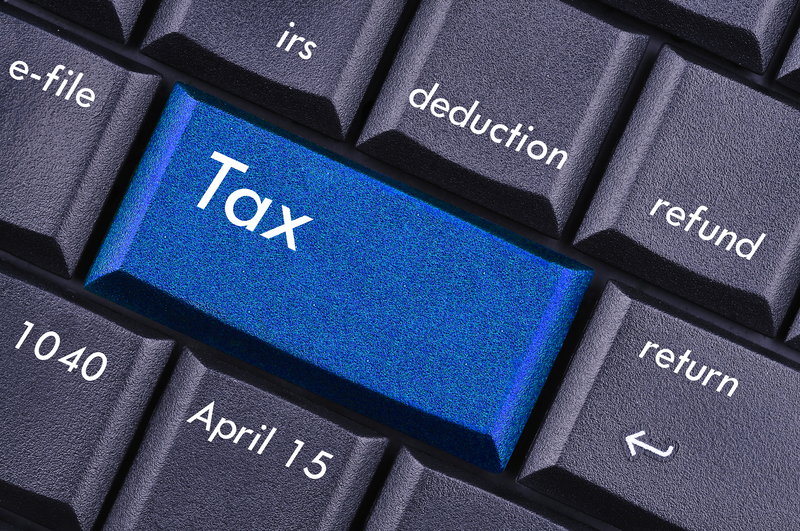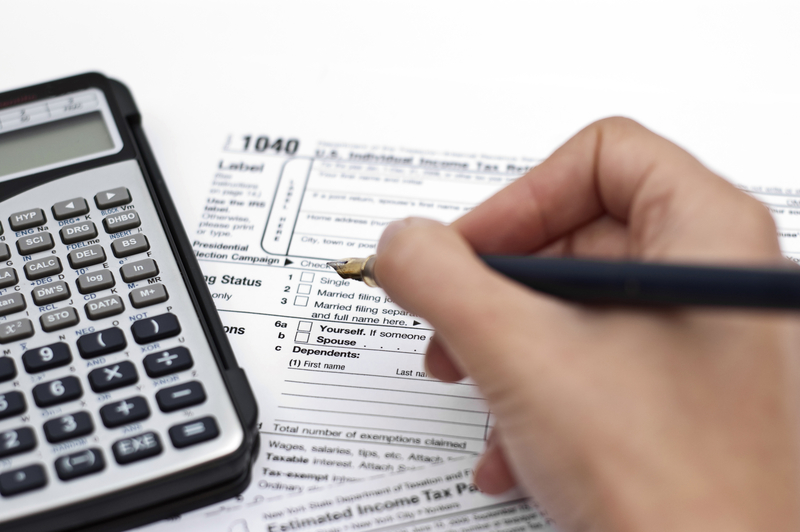Well, it can happen. Simply put that’s referred to as tax evasion and it is a federal offense. However, it’s dependent upon your circumstances. Most likely, you will not go to jail if you simply can’t afford to pay your taxes, but if you lied on your tax forms or neglected to file them altogether, now that’s a whole different story.
Generally speaking, if you were to file your tax forms and found out that you owed that year, but failed to pay, the IRS would charge you penalties in addition to the amount owed. Each month that your tax balance remains unpaid, the IRS will charge you an additional 0.5% with a maximum penalty of 0.25%, plus interest. Not filing your taxes by the required deadline can result in penalties as well unless you don’t owe money that year and would’ve been expecting a refund. The IRS can also offset your refunds if you owe them an outstanding balance.
On the other hand, if you owe the IRS and simply don’t file your taxes at all, the penalties listed above are even higher. It’s important to file your taxes annually unless you aren’t required to file or are certain that you don’t owe. People with lower incomes generally aren’t required to file a return. For instance, a single adult would not have to file if they earned less than $12,400.
Now speaking of offenses that could result in prosecution, these are commonly actions that are referred to as tax fraud as opposed to tax negligence. Tax fraud is the term used to describe a variety of offenses including tax evasion. These are actions that are done intentionally to avoid paying higher taxes such as paying employees off-the-books, setting up offshore accounts, and pyramid schemes. Tax evasion is a serious crime that can result in up to five years in federal prison.
In addition to penalties (and prosecution depending upon nature and intent), other consequences of not paying taxes include the IRS taking out a lien on your assets. Tax liens are generally issued ten days after the IRS has requested payment and failed to receive it. The IRS will automatically alert your creditors of your outstanding debt and stake a legal claim to your property. Of course, the liens are removed within 30 days of your debt being paid in full unless you utilize other methods such as subordination or withdrawal, but who really wants to go through that hassle? It’s easiest to just do the right thing and pay your taxes.
In short, you probably will not go to jail for unpaid taxes, but it will cost you a lot more money in the long run. If you need help getting your taxes filed, tax professionals are available to assist you, and if you owe taxes, that debt should definitely not be placed on the back burner.



